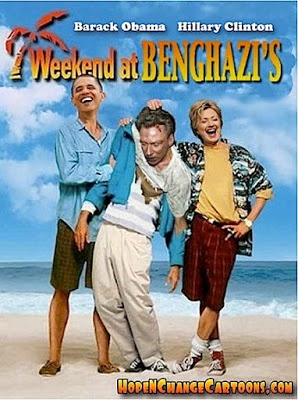The departure of Southern States from the Union came as no surprise to many, and those like Alexander H. Stephens of Georgia forecast disunion to President James Buchanan if he would not end his warfare with Stephen Douglas. Noting the refusal of Republicans to compromise and not wanting to return to Congress to witness the death of the Union, Stephens returned Georgia to await the unfolding events.
Bernhard Thuersam, www.Circa1865.com The Great American Political Divide
Striving to Maintain the Union
“The [Cincinnati] speech was intended as a solemn warning not only to his constituents and people of the South, but the whole country, that in his opinion the peace and prosperity of the country depended upon a strict and inflexible adherence to the principles of the adjustment measures of 1850 upon the subject of slavery, as carried out and expressed in the Democratic Baltimore platform of 1852, with the additional plank inserted in the Cincinnati Convention of 1856.
It was well known then that Mr. Stephens had serious apprehensions that those principles would be departed from in the next Democratic Convention to be held in Charleston the following year. It was also known that he did not finally determine to withdraw from Congress until after a personal interview with Mr. [James] Buchanan, in which he had urged the President to cease his warfare against Mr. [Stephen] Douglas, and the support of the paper known as his organ in Washington in insisting upon the insertion of a new plank in the next Convention, asserting it to be the duty of Congress to pass acts to protect slavery in the Territories, and not to leave that subject, as the Cincinnati platform had done, with the people of the Territories.
Mr. Stephens most urgently urged the President that if he continued to pursue the line of policy he was then following there would be a burst-up at Charleston, and with that burst-up of the Union – temporary or permanent – “as certainly as he would break his neck if he sprang from that window” [of the reception-room at the White house, in which they were conversing] “or as the sun would set that night.”
Mr. Buchanan seemed surprised at this opinion, but was unshaken in his determination to adhere to the policy he was then following. Mr. Stephens, in taking leave, told the President that his object in seeking the interview was to know if his purpose was as stated, and if that was so, his own intention was, not to be allowed to return to the next Congress.
He had spent sixteen years of life in striving to maintain the Union upon the principles of the Constitution; this he thought could be done for many years to come upon the principles set forth in the Cincinnati platform. The Government administered on these principles he thought the best in the world; but if it was departed from, he saw nothing but ruin ahead. He did not wish to be in at the death; but if disunion should come in consequence of this departure, he should go with the people of his own State.
Another fact connected with the retirement of Mr. Stephens from Congress may be noted here. When leaving Washington, with a number of other Southern members, on the beautiful morning of the 5th of March, 1859, he stood at the stern of the boat for some minutes, gazing back at the Capitol, when someone jocularly said, “I suppose you are thinking of coming back to those halls as a Senator.” (It was known that he had announced his intention not to return as a Representative.)
Mr. Stephens replied, with some emotion, “No; I never expect to see Washington again, unless I am brought here as a prisoner of war.” This was literally fulfilled in the latter part of October 1865, when he passed through Washington on his way to his home as a paroled prisoner from Fort Warren.”
(Life of Alexander H. Stephens, R.M. Johnston & W.H. Brown, J.B. Lippincott & Co., 1883, excerpts, pp. 347-348)


















